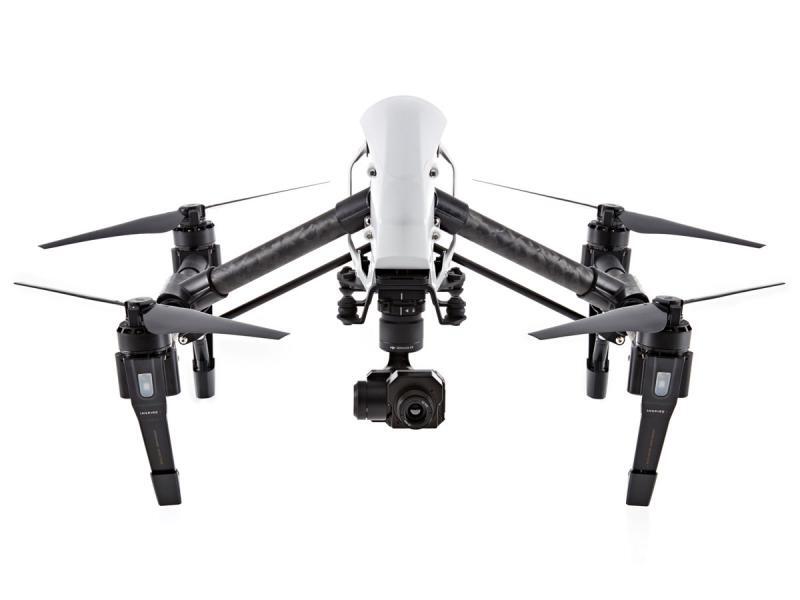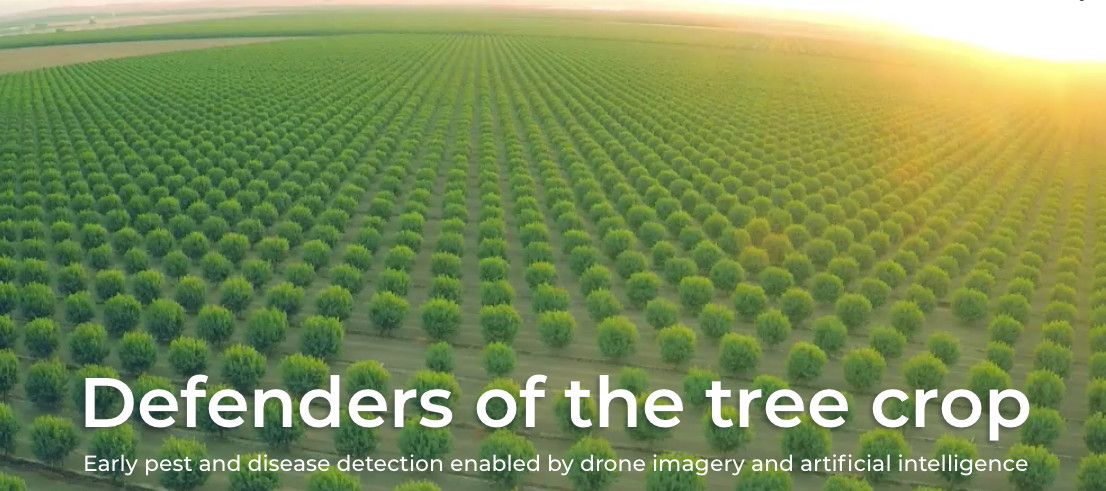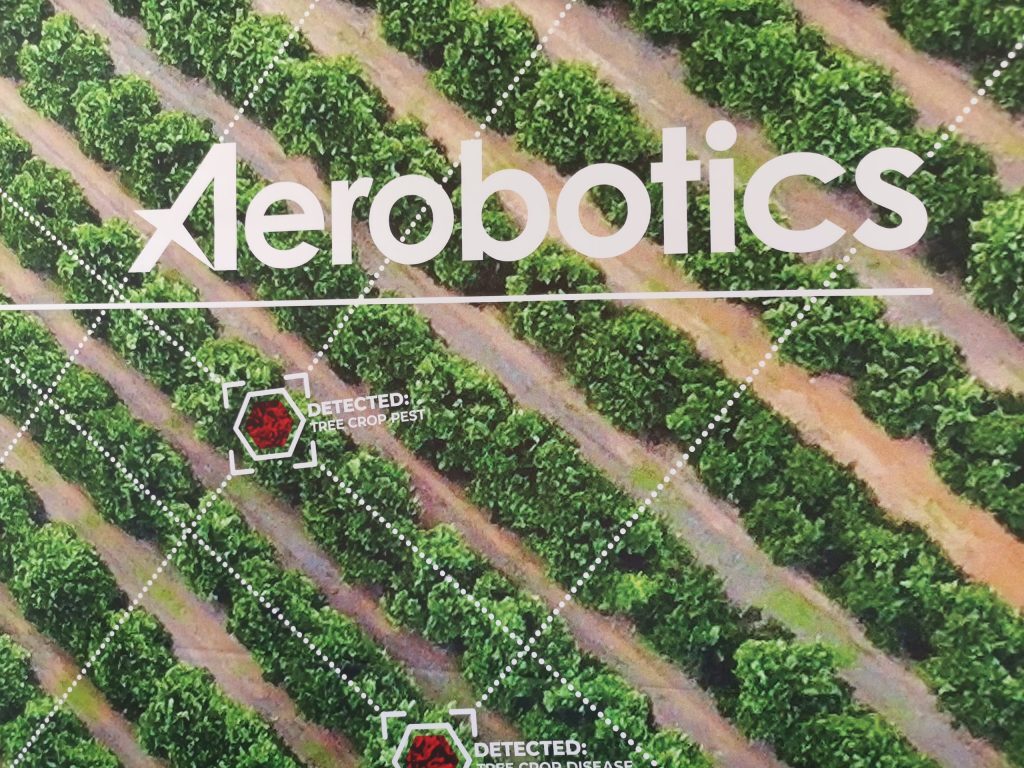Aerobotics is a South African company that uses unmanned aerial vehicles (UAVs) — drones to you and me — in conjunction with proprietary software to help farmers monitor their crops. Its solutions include early problem detection, smart scouting and reporting that help tell farmers not just when part of their crop is in trouble, but what the problem is. But Aerobotics has problems of its own, the biggest one of which is the lack of accredited drone pilots in South Africa. Now it’s trying to change that by helping get pilots accredited and then giving them work.
If you’ve ever investigated flying a drone for money in South Africa you’ll probably have encountered articles, forum posts and the like outlining just how difficult and costly it is to become a licensed drone operator. See, rather than create custom legislation for this relatively new category of aircraft, government turned to the South African Civil Aviation Authority (SACAA)… which is why getting a remote pilot licence (RPL) to fly a drone commercially is roughly equivalent in terms of effort and cost to getting a private pilot licence (PPL).
That means despite the commercial drone sector being a rapidly expanding one, there simply aren’t enough licensed operators to meet demand. And many people who are eager to participate in the sector either can’t navigate the red tape, or can’t afford to. Which means companies like Aerobotics are stepping in to help interested parties jump through the necessary hoops.
 Taking off
Taking off
Aerobotics is holding a national roadshow this week called AeroCon aimed at getting stakeholders together, growing the drone community, providing information to those keen to get involved, and explaining to would-be pilots how they can go about getting started. Matthew Davis, drone operations director at Aerobotics says there are five steps to becoming a drone pilot with Aerobotics.
The first is getting a remote pilot license (which involves both theory and practical components). The second is buying the necessary hardware, which includes a drone (Aerobotics primarily uses drones from Chinese maker DJI, like the Phantom and Inspire ranges) and the right camera tech for Aerobotics high-res imaging requirements. Aerobotics is trying to make these initial steps easier, but more on that later.
 Next up, a pilot needs to a partner with an ROC (Remote Operating Certificate) holder. That’s essentially a company licence for providing UAV services. Davis says as it can take up to two years to get an ROC — and it can be an expensive process — it’s usually easier for pilots to join an existing company that has one.
Next up, a pilot needs to a partner with an ROC (Remote Operating Certificate) holder. That’s essentially a company licence for providing UAV services. Davis says as it can take up to two years to get an ROC — and it can be an expensive process — it’s usually easier for pilots to join an existing company that has one.
Then, every pilot needs drone and business insurance. Understandably, given the risks involved, Aerobotics only works with insured pilots. Once that’s done, the pilot is ready for business, and its here Aerobotics can really help.
Not even the sky’s the limit
While Aerobotics’ focus is on agriculture, the company recommends pilots work in multiple industries — like mining, construction, surveillance and security — in order to ensure sustainability. And when it comes to working for Aerobotics, the company has a drone operations team that’s dedicated to helping pilots with compliance, job scheduling and the other challenges they face.
Aerobotics also offers regular hardware and software training sessions, manuals, and perhaps most usefully, it’s Flight Planning App it designed in-house that streamlines the process of surveying farms by providing automatic flight paths and other preset parameters for pilots. Davis says the app is getting a redesign soon that’ll further improve functionality.
 To help grow local pilot numbers Aerobotics has negotiated deals companies like DJI and imaging company MicaSense to offer its partners discounts. An online shop is also coming soon that’ll replace the online quote system the company currently uses, and Aerobotics is also partnering with insurers and financiers to make it easier for aspirant pilots to buy the necessary equipment and insure it.
To help grow local pilot numbers Aerobotics has negotiated deals companies like DJI and imaging company MicaSense to offer its partners discounts. An online shop is also coming soon that’ll replace the online quote system the company currently uses, and Aerobotics is also partnering with insurers and financiers to make it easier for aspirant pilots to buy the necessary equipment and insure it.
There’s no denying become a licensed drone operator remains complex, time-consuming and potentially costly, but Aerobotics seems serious about helping (and why would it be? The more pilots it has on its books the more jobs it can secure), so if this sounds like the sort of industry you’d like to work in — and you’re patient and amenable to paperwork — get in touch with Aerobotics, and you could save yourself substantial headaches down the line.




